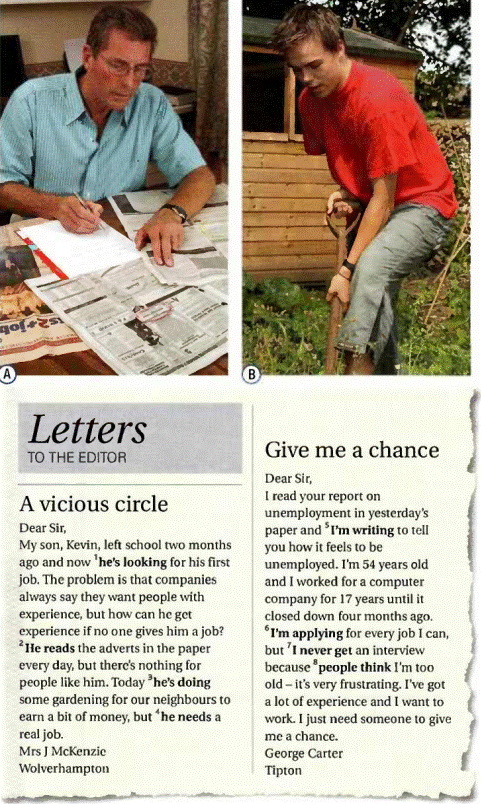
CATEGORIES:
BiologyChemistryConstructionCultureEcologyEconomyElectronicsFinanceGeographyHistoryInformaticsLawMathematicsMechanicsMedicineOtherPedagogyPhilosophyPhysicsPolicyPsychologySociologySportTourism
Read and translate the text.Resume or Curriculum Vitae (CV)? What's the difference between a resume and a CV? The primary differences are the length, the content and the purpose. A resume is a one or two page summary of your skills, experience and education. A goal of resume writing is to be brief and concise since, at best; the resume reader will spend a minute or so reviewing your qualifications. A Curriculum Vitae, commonly referred to as CV, is a longer (two or more pages), more detailed synopsis. It includes a summary of your educational and academic backgrounds as well as teaching and research experience, publications, presentations, awards, honors and other details. When to use a CV In the United States a Curriculum Vitae is used primarily when applying for international, academic, education, scientific or research positions or when applying for fellowships or grants. As with a resume, you may need different versions of a CV for different type of positions. What to include in your CV Like a resume, your CV should include your name, contact information, education, skills and experience. In addition to the basics, a CV includes research and teaching experience, publications, grants and fellowships, professional associations and licenses, awards and other information relevant to the position you are applying for. Start by making a list of all your background information, and then organize it into categories. Make sure you include dates on all the publications you include. How to write a Curriculum Vitae You can include the appropriate information in your curriculum vitae (CV) and format your curriculum vitae correctly. Remember, the first impression is the one that matters, so, your CV needs to be perfect! Write your own CV. Use the previous CV as a model. 5. Read the letters. Are the sentences true or false? Correct the incorrect sentences. 1. Kevin is looking for his first job. 2. He reads the job adverts twice a week. 3. Heís working in the motherís garden today. 4. George knows a lot about computers. 5. He lost his job two months ago. 6. He goes to a lot of interviews.
Read, translate and remember the following tips about CV. ÿ A good CV should Ÿ be clear and well-organized Ÿ be on one or two pages only Ÿ list education and work experience in reverse order Ÿ have wide margins Ÿ use one font style
Date: 2015-12-18; view: 923 |
